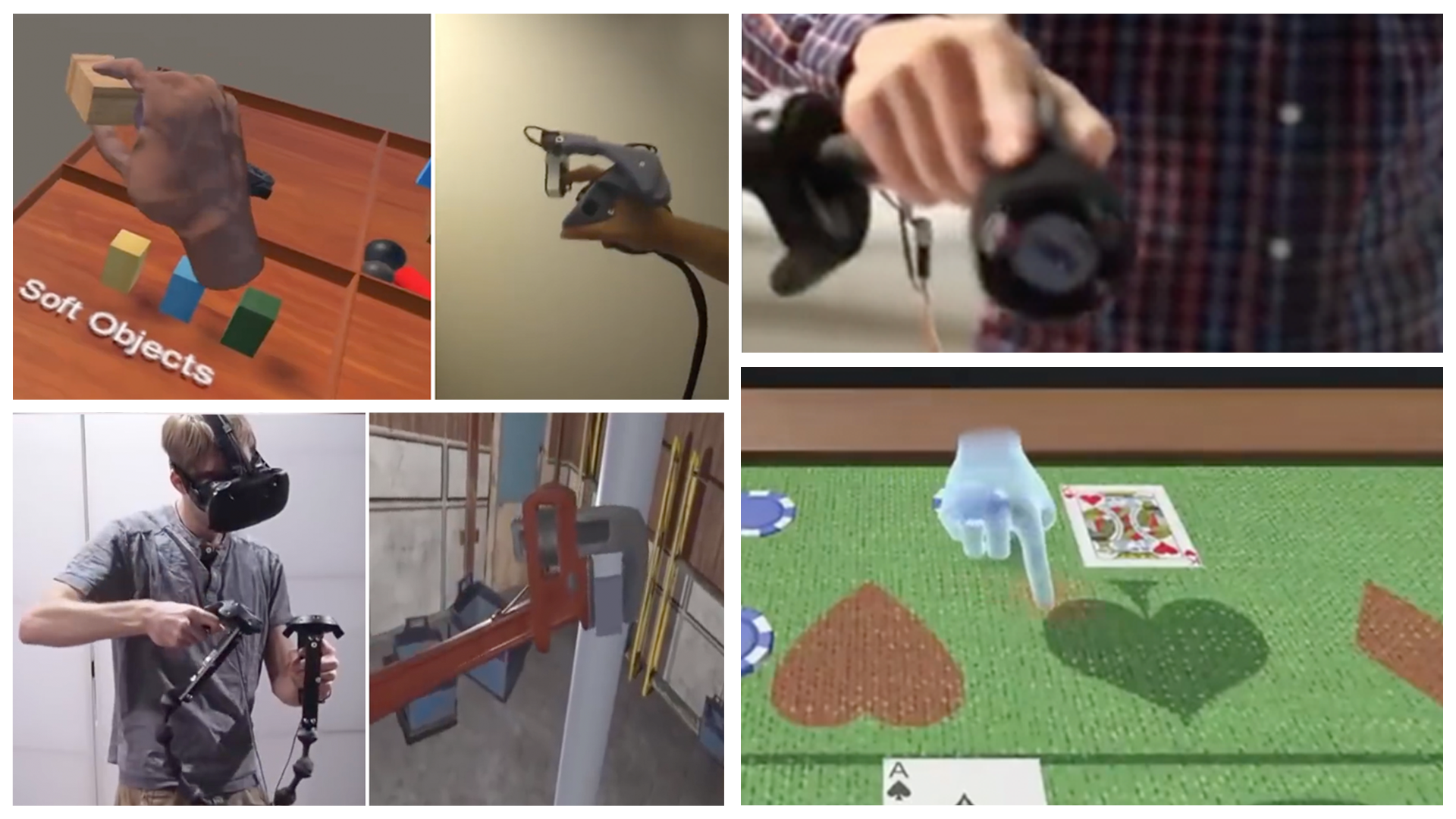
Lee (opens in new tab) joined Microsoft some sixteen years ago, after many years in the library world, first at Columbia University, then at OCLC (Online Computer Library Center). For 10 years, he worked at Microsoft in many areas, including the corporate archives and library. He was one of the first people I hired after taking over the leadership of Microsoft Research Connections (opens in new tab) six years ago.
I met Lee at a library event at the University of Washington. We hit it off immediately, in part because of our shared conviction that scholarly communications were going to change radically over the next five years, with profound implications for university libraries and academic publishers, and in part because Lee was just such a larger-than-life personality, with an infectious sense of humor and an obvious zest for living.
Spotlight: Microsoft research newsletter
Lee joined my leadership team at Microsoft Research Connections—a bit of an outlier, as a librarian in a group of computer scientists, but as an important and influential member as there ever was. You see, Lee had a clear vision of where scholarly publishing and library science were headed—even when others did not. He understood that the Internet was changing everything, pushing the existing publishing models towards obsolescence and fundamentally altering the academic library’s traditional role, which I’ve described as being the place where students went to meet friends, drink coffee, and read some arcane journals—all of which they can do today at any coffee shop.
Lee, more than anyone I know, championed the shift in librarianship; a shift that has seen many top library schools recreate themselves as information schools, or iSchools, for short, where the emphasis has turned to teaching the skills of information retrieval and evaluation. He used his vast connections in the library world to promote the iSchool paradigm. When confronted by old-school reactionaries, he loved to quote U.S. General Eric Shinseki: “If you don’t like change, you’re going to like irrelevance even less.”
Lee was a powerful voice for change in the publishing world, too, pushing for the new model of interconnectedness, in which not only journal articles are available online, but so are the underlying data sets for review and commentary. It’s a world where information is rapidly and inexpensively disseminated and where collegial interactions are fostered. Lee also championed the DOCX format, recognizing the power of surrounding the text with meta-data links to the underlying data and related research.
Here in Microsoft Research Connections, Lee assembled a great team of experts in education and scholarly communications and used his network in that community to create the Scholarly Communications section of The Fourth Paradigm (opens in new tab), the book that expounds on the late Jim Gray’s vision of data-intensive science. In this and so many other endeavors, Lee’s connections in the library and publishing worlds nicely complemented mine in the science community. Lee made many other contributions to our organization. He shaped Microsoft Academic Search (opens in new tab) into an extremely useful tool for the research community. He was a passionate advocate for education research and championed alternate approaches, such as Just Press Play (opens in new tab). He recognized the potential for machine translation (opens in new tab) to be used to preserve indigenous languages around the world. He strongly believed and supported the ChronoZoom (opens in new tab) project, which will bridge the gap between the humanities and sciences and bring knowledge of the history of the universe to all. These are just a few of the dozens of efforts, large and small, that he worked tirelessly to champion and make manifest.
Another side of Lee stands out for me as I recall a trip to Harvard. He invited me to join him for a beer. As we sat in the bar, I received a call from my wife, asking me what I was doing sitting around having beer when I was supposed to be on business. You see, unbeknownst to me, Lee had posted the news of our pub crawl to his Facebook site, where it was seen by my wife, a fellow librarian who was one of Lee’s many Facebook friends. Lee and my better half had a good laugh over that.
And laughter and compassion is how I will best remember Lee. He was a great man with a wonderful sense of humor, and an incredible heart. Unfailingly kind and considerate, he treated everyone as an equal. Just the other day, a writer that works for us told me how sad he was to learn of Lee’s untimely death and told me, “Lee always treated me as equal. He made me feel that my work was just as important as that of the PhDs all around me.” Of course he did. That was Lee. He saw value in everyone and what they were working on.
And now he’s gone, he and his lovely wife, leaving us all poorer for his absence and the richer for having known him. Farewell, my friend and colleague, you’ve left us far too soon.
—Tony Hey (opens in new tab), Vice President, Microsoft Research Connections
More Information

